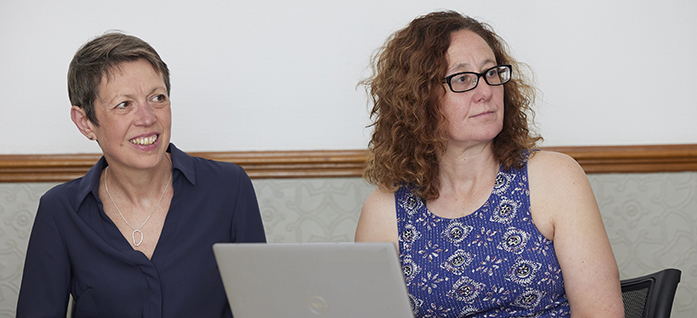Case Study: The Risks for a Lay Attorney of Making Unauthorised Family Care Payments

How Clare English, Court of Protection and Community Care Law Chartered Legal Executive, advised a lay Attorney accused of exceeding their authority by making family care payments.
The situation
Jane’s mother Eileen was 80 years old and living alone in her own home. At the start of the pandemic, Jane was concerned that Eileen was showing signs of memory loss and that she would be unsafe living alone during lockdown. Jane and her husband Roger invited Eileen to live with them and their family for a trial period. Eileen gladly accepted the invitation, and after six months living together as an extended family, they decided to make the arrangement permanent. Eileen was adamant about paying her way as an extra person in the house, and offered to give Jane the sale proceeds from her home when it sold.
Over the next two years, Eileen’s memory declined and she required support with day to day things such as washing and dressing. Jane reduced her work hours so that she could be at home to support Eileen. After Eileen received a dementia diagnosis, Jane registered the Lasting Power of Attorney (LPA) for property and financial affairs Eileen had made appointing her as Attorney. This included registering the LPA with Eileen’s banks, so that Jane could manage her mother’s financial affairs.
Jane started to pay herself for caring for Eileen, over time transferring almost all of Eileen’s sale proceeds to her own account. When Eileen needed respite care because Jane and Roger were going away on holiday, they applied to the Local Authority (LA) for financial assistance as Eileen’s savings were below £23,250.
The LA carried out a financial assessment to determine if they had a duty to fund Eileen’s respite care. The LA asked how all of the sale proceeds from Eileen’s former home had been used up. Jane explained that Eileen had been paying her to provide care and support.
The LA social care team refused to fund Eileen’s respite care and made a safeguarding referral to the Office of the Public Guardian (OPG) to investigate Jane’s conduct as her mother’s Attorney.
What did Martin Searle Solicitors do?
Jane and Roger were very upset about receiving a long questionnaire from the OPG regarding Jane’s management of Eileen’s financial affairs.
Clare English advised them that although Eileen wanted to gift Jane the sale proceeds from her former home, she had not done so whilst she had capacity to make this decision. Clare explained that Jane could not rely on Eileen’s earlier offer to justify the payments she had been making to herself after Eileen had lost mental capacity to make the payments to Jane herself. The OPG investigation was likely to conclude that Jane’s actions in making lump sum transfers from Eileen’s account to her own were a breach of her duty as an Attorneys to act in her mother’s best interests. Although a family member Attorney, unlike a lay Deputy, is not obligated to seek Court of Protection authority to make family care payments to themselves, in most cases it is sensible to do so. Clare advised Jane that while she had cared for her mother for over two years, and some compensatory payment was reasonable, the amount that Jane had paid herself, and the absence of financial records, allowed Jane to be criticised.
If Jane, as Attorney, had made an application to the Court Of Protection to make Family Care Payments from Eileen’s money to herself for the care and support she provided, the Judge would have determined what was a reasonable amount to pay. Unfortunately, the fact that Jane had paid herself over £200,000, leaving Eileen with no savings to pay for respite care, could result in Jane being removed from her position as Eileen’s Attorney.
The Outcome
Clare supported Jane during the OPG investigation and assisted her to provide all the information requested. After an extended investigation the OPG applied to the Court of Protection to revoke Jane’s appointment as Attorney to Eileen and to appoint a Panel Professional Deputy to manage Eileen’s financial affairs. The LA refused to provide any financial assistance for Eileen’s care costs due to the “notional capital” which it considered she should still have from the sale of her property. Eileen still lives with Jane and her family and receives care but with no respite provision for Jane and no family care payments in place.
For expert advice on Family Care Payments, contact our Court of Protection and Community Care Law team on 01273 609911, or email info@ms-solicitors.co.uk.


